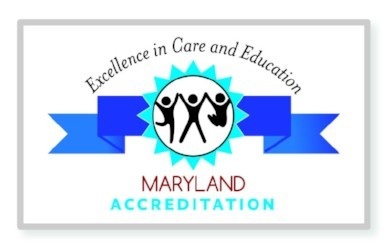Environment
Within the Emergent Curriculum Philosophy, the environment itself is viewed as a teacher, inviting children into action and guiding them into individual and small group play. These environments foster creativity, promote wonder and encourage each child’s natural curiosity and desire to explore and learn and are the product of a planned and thoughtful approach to learning that reflects the skills, needs and interests of the people, both adult and child, that occupy that space. Great attention is given to the look and the feel of the classroom. Everything in the environment is meaningful and has a purpose.
Role of the Educator
In our Emergent Curriculum Environment, Early Childhood Educators are not only nurturers, they are partners, facilitators, observers and co-learners who have a deep understanding of developmentally appropriate practices.
Educators understand individual differences and arrange their room so that children can explore at their own pace. They make available a wide range of materials and activities in order to allow children to make their own choices. And they work hard to match their curriculum to the strengths and interests demonstrated in the children.
Educators understand that the early childhood experience is about learning, not teaching. The Educator must learn about the child from the child herself and from the family of the child. The Educator watches, listens and reflects on what is happening in order to reinforce the child’s learning and appreciation of an experience. Lastly, and most significantly, the Educator facilitates the building of relationships between children, families, community and themselves.
Observation & Documentation
We learn best about children by watching them in action and taking note of the learning that they are experiencing.
Observation and documentation are therefore one of the most important roles of an Early Childhood Educator.
The purpose or objective of observing and documenting children’s experiences is to deepen the Educators understanding about each child’s thinking and development, help Educators make informed decisions, take each child’s work and feelings seriously, help children to reflect on and make sense of their own experiences and make learning visible to parents and the community.
Project Work & Practice
The Project Approach in an Emergent Curriculum philosophy is based upon the belief that children learn by doing and by experiencing hands-on learning.
From a developmental perspective, very young children are at a “sensory-motor” stage of learning, and the Emergent Curriculum philosophy of learning through exploration has proven to be the one of the best ways to support this early developmental stage.
While Infants, Toddlers and Preschoolers do not do “projects” in the traditional sense, they are building the skills they will need for project work later in life. Educators plan encounters that provoke curiosity and lure the children into discovery. Children are provided with opportunities to explore, observe and investigate their world using all of their senses.






